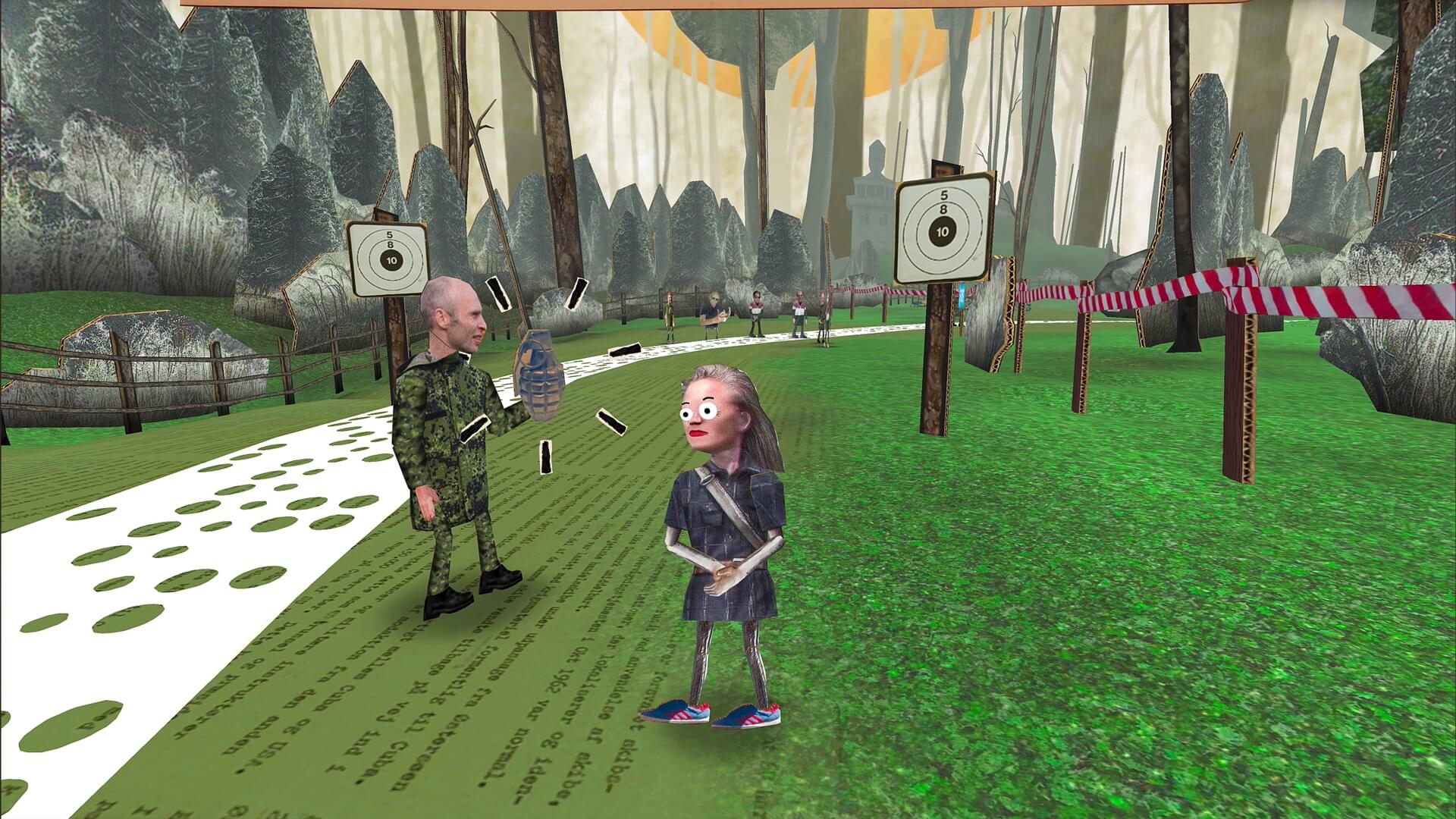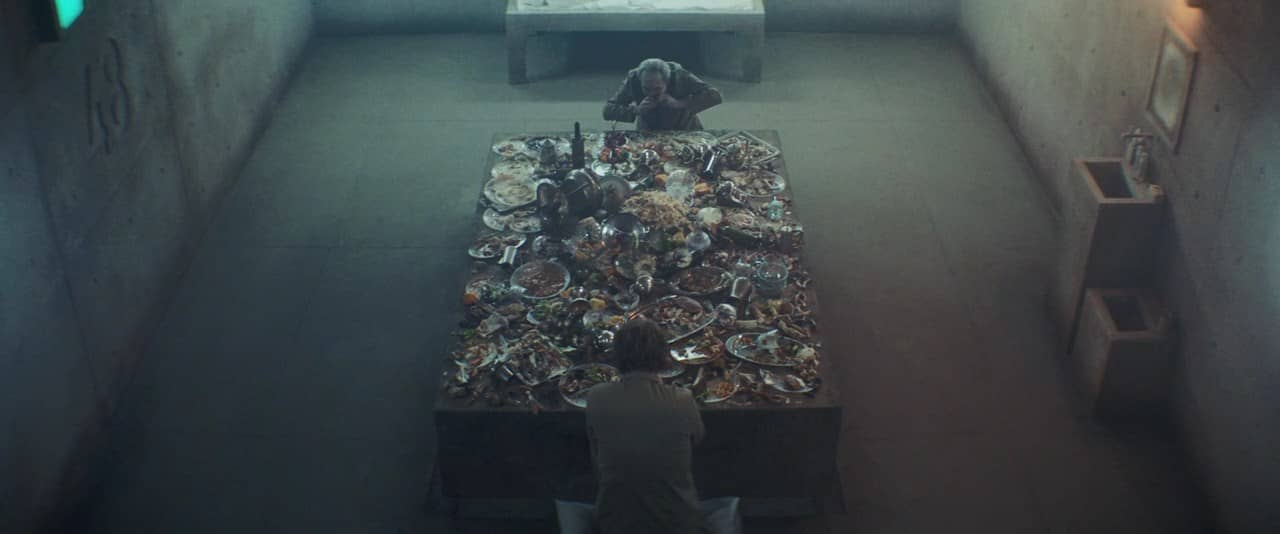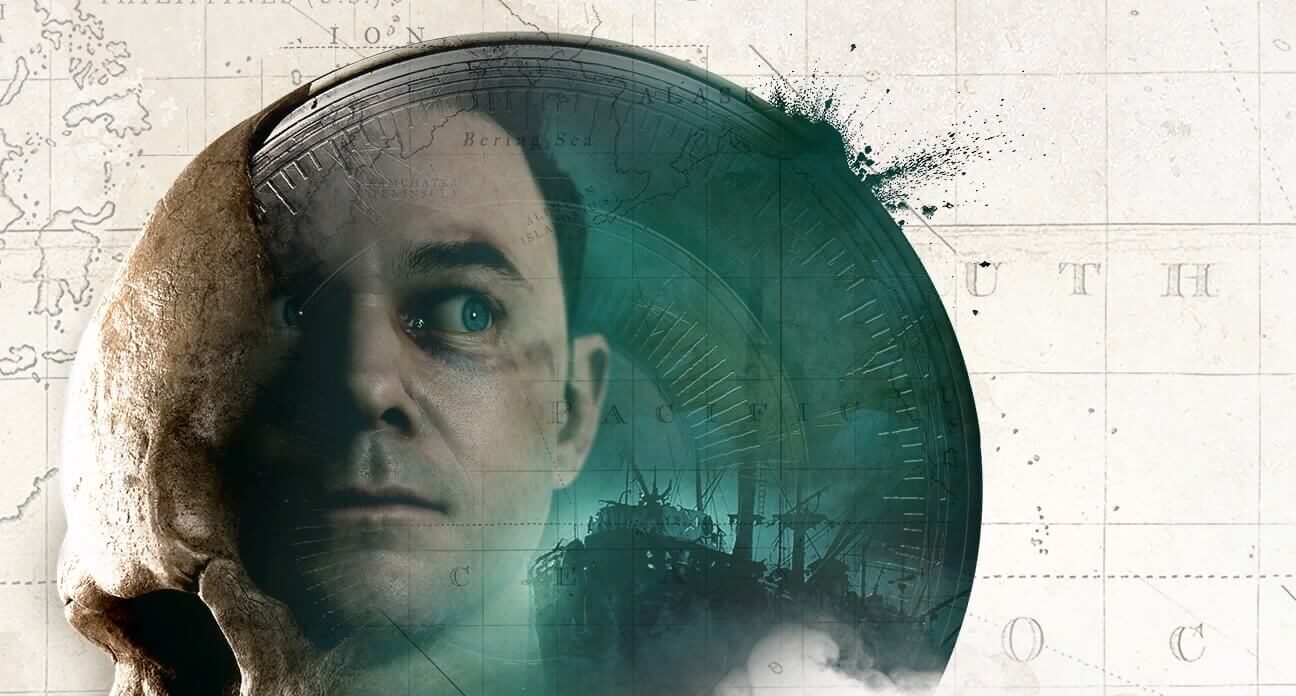This article contains spoilers for the entire plot of Detroit: Become Human
Let’s get one thing out of the way first, Detroit: Become Human fails to offer anything new to the Sci-fi genre or the “pick your own choices” type of games. If anything, the game’s storyline shines the light on human relationships way more than it does on the robotic protagonists.
Detroit features three playable protagonists. Marcus, Kara and Connor — the three are equally intriguing. If we had to pick a favorite, it would definitely be Connor though. Connor’s playthrough is the one that offers the most satisfying storyline out of the three protagonists. We’ll be discussing each of the characters, starting with Connor:
My name is Sherlock Connor Holmes, I’m the android sent by Cyberlife
Connor’s a badass detective that’s unwavering in achieving his mission of bringing Marcus to justice. Devoid of any emotions and socially awkward, he often fails at discovering what makes humans tick — he’s essentially an android Sherlock Holmes. If you’re interested in playing as the real Sherlock Holmes, read our review of The Sherlock Holmes: The Devil’s Daughter.

Connor’s chapters play out like a mix of the old point and click games that we love (read our article on Telltale, the company that perfected the formula of those games) and a buddy cop movie. They have you investigating a series of grisly homicides committed by your fellow androids, alongside your partner Hank.
Hank isn’t a unique character. He’s the typical cliché cop that doesn’t give a fuck about the rules, nor his job, and he’s simply going through the motions. He’s the archetypical grizzly experienced cop that we’ve seen a thousand times in other media. While Connor acts like the clueless and rigid new rookie that always seem to get on the nerves of his partner.
As you may have already guessed, the game borrows many elements from movies like Training day, Seven, and Lethal Weapon. Although the relationship between the two detectives isn’t anything new, it’s still a compelling and engaging relationship.
Think like an android
One thing that Detroit excels at, is the fact that it manipulates the player into taking decisions that are in line with Connor’s character. It makes you act and think like a robot. For example, in one of the many chapters of the game, Hank is buying a burger. Connor analyzes the burger, and deduces that the burger contains way more carbohydrates than Hank should be eating.
Prompting you to warn Hank about the dangers of eating it. Me being the smartass that I am, I immediately pressed that triangle button as soon as it popped up, without thinking twice, and it absolutely backfired on me. Similar to real life, Hank was pissed off about me criticizing his eating habits. (If the relationship between both detectives isn’t too strained at this point, he lets it slide)
By presenting me with statistics and numbers, the game pushed me into taking decisions that are anti-social and more in line with what a robot would do. Hank was ultimately pissed off by the remark, when my intention was the inverse.
Another instance is when they were both chasing a deviant android on foot when Hank slipped and almost fell off the roof. The game tells you that Hank has a high chance of survival so your first thought would be to go after the criminal instead. Which again absolutely pisses off Hank, imagine not saving someone’s life because there’s a 90% chance that he will survive. Only an Android would think like that, and that’s the beauty of this game (or at least Connor’s chapters).
Forking roads
Another thing to love about this game is that the choices really do matter. I’ve played two playthroughs that completely differed from one another. In the first one, I’ve made Connor a deviant and more human than most people. While Markus retained a peaceful approach to his rebellion. The two ended up cooperating and liberating the androids.
While in my second playthrough, which was way more entertaining. I’ve made Connor into a Terminator-like character. I made him shoot Chloe, piss off Hank and never turned him into a deviant. The game ended with a clash and a fight between Connor and Markus. Connor won in the end and thwarted the androids’ short-lived rebellion.
The game made me feel as if I was put in the shoes of a film director, leading the storyline down whatever twisted path I wanted.
Kara: A Mother’s Love
Kara’s storyline, on the other hand, was a much more introspective experience. It perfectly captured the relationship between a mother and her daughter through Kara’s interactions with Alice. The game pushed your limits by forcing you to do unethical things just to protect Alice. I’m sure Kara’s chapters resonated more with the female audience. We’ll talk about that in a minute.
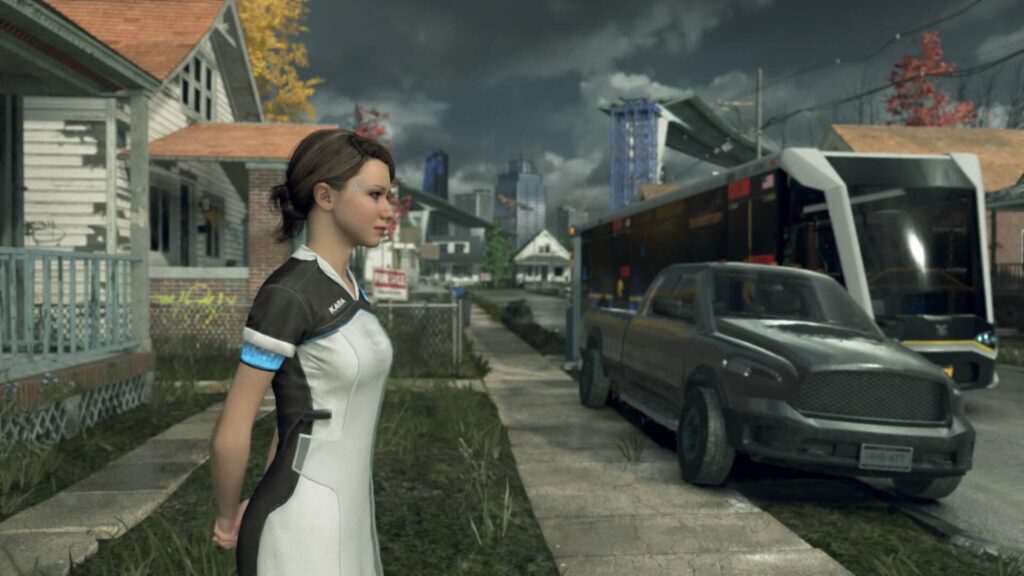
Zlatko’s chapters tried to inject some action-oriented scenes into Kara’s chapters. Ultimately, for me, it’s the only memorable chapter in Kara’s journey. The whole subplot with Todd was much overhanded, and felt as if they only added it for shock value. The father who does heavy drugs and physically assaults his daughter is also a cliché that was beaten to death already (no pun intended).
Another plot device that I absolutely hated in the game was the way they dealt with Alice being an Android. Having Kara pick up the magazine with Alice’s face and then hiding that information from us the way they did is abhorrent. I hated when Game of Thrones did it in the last couple of seasons, and I hate when Detroit: Become Human does it.
Alice And Kara
However, there’s no denying that the relationship between Kara and Alice is a heartwarming one. Love is what drives most androids to become deviant, as evident during the first chapter of the game. Daniel feels a bond towards the family he serves, and he turns deviant when he finds out that they plan on replacing him.
Kara is no different, similar to the anecdotal mother that finds the strength to save her daughter by lifting a car (known as hysterical strength). She turns deviant in order to gather the strength to save Alice from her abusive father.

Let’s also talk about the fact that they made Alice an ultra realistic child. She’s an android that feels cold and gets hungry, that constantly need you to take care of her. I get that people who wants to raise a child would love these options in their android child, but it’s just absurd at this point. If I picked up an android pet, I wouldn’t want it to realistically poop around the house. I wouldn’t want my android child to be too much of a hassle neither.
To be fair though, once Kara discovers that Alice is an android, the game does offer you the option to turn that off for her. Which brings up the question of why didn’t Todd do that? If he’s going to be such an abusive father, why not at least spare Alice from having to go hungry, cold or sick?
Android Holocaust
If you picked all of the wrong decisions like I did, you’ll probably end up at the android concentration camps. As if the constant clichés weren’t enough, Detroit literally believes that if we ever build androids, we’d literally turn into Nazis.
It was an extremely awkward last chapter that ended abruptly. Alice and Kara were captured, forced to remove their human appearance, leaving them metaphorically naked. But then they were soon liberated by Markus’ rebellion that was happening on the other side of town. In some playthroughs, Kara never meets Markus (or Connor) but he literally saves her life.
Ultimately, Kara’s journey is entertaining enough. Playing it across multiple playthroughs can get boring though, as its chapters aren’t as action filled as the rest of the game. They’re still an important part of the game, as the emotional bond between Alice and Kara is a compelling one.
Markus’ rebellion
After being coddled and pampered as a live in nurse for an aging artist, Markus was betrayed and left to die by the humans he always looked up to. He starts his journey towards freedom by waking up in a mass graveyard filled with his fellow androids, who were discarded and thrown like garbage. It doesn’t take much time before he joins a rebellious group of deviants that are planning to take back their lives and stop the slavery of the androids. The contrast and similarities between Markus’ storyline and real life politics weren’t subtle at all.

Markus and the friends we made along the way
Markus’ journey is a lot more satisfying than Kara’s journey. Although his relationship with North often felt half-baked. His relationships with the other androids that surrounded him was a pleasure to experience. He was extremely believable as their charismatic leader, thanks to the wonderful acting of Jesse Williams.
It was fun watching him gather thousands of supporters, and declaring war on Cyberlife. Markus’ chapters helped in keeping the game exciting and full of action. North’s bloodlust and disdain towards humans was also entertaining to watch.
Markus’ chapters are a bit problematic though, as they could’ve been much better. I understand the message that they’re trying to convey, it just feels way too forced. Especially in a sci-fi game like this, where you’d expect that the game would focus on AI and its implications, rather than the racial segregation of the android race.
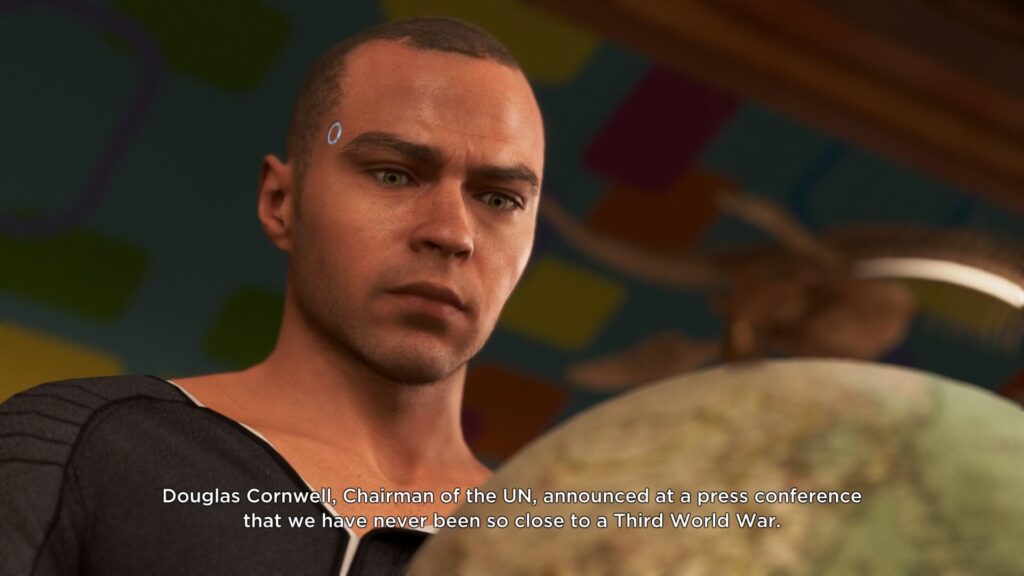
Again, Quantic Dreams missed the opportunity to explore any new uncharted themes. Instead relying on the same old clichés of the movies we grew up on. We’ve enjoyed his chapters nonetheless. The riots, protests and his own personal struggle have never been more relevant than in 2020. The worst part about borrowing heavily from cinema the way the game did, is that at no point during the 12 hour campaign, did they acknowledge it. I’d hoped that they’d inject some of the light heartedness and humor that we saw in Connor’s chapters across all of the protagonists’ chapters.
Overall, each of the characters and their respective chapters helped in making the game one of the best games of the generation, despite it retreading some of the plots and clichés that we’ve already experienced plenty of times before.

